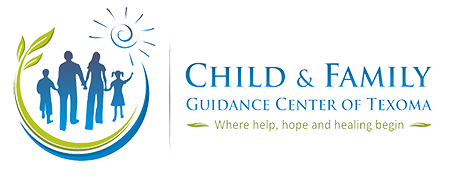CFGC has adopted the Substance Abuse and Mental Health Services Administration (SAMSHA) recommended Trauma Informed Care (TIC) model due to the high number of children, parents/caregivers and family members in treatment who had been impacted by traumatic events in their lives.
In 2017, CFGC implemented the evidenced based, trauma-informed (TIC) model of care, embracing a culture of care that has permeated the organization from top to bottom. Staff spent a year in training, learning what TIC is and how to implement the model. A 10-week course has been created, Foundations of Trauma Informed Care, which is now a required part of CFGC's onboarding process for all new hires.
CFGC’s organizational environment represents care for the health, well-being, safety of, and respect for its staff and clients. This model enhances the ability of our staff to provide the best possible evidenced-based, trauma-informed behavioral health services to clients.
We are proud that our clinical team is trained in TF-CBT and motivational interviewing, certified in the ARC Framework, and uses recommended trauma informed screening and assessment tools in treatment.
CFGC has expanded into the community, providing several TIC trainings to collaborative partners; Denison and Sherman ISD, Grayson Health Clinic, North Texas Youth Connection, TMC Behavioral Health Center, and the Department of Juvenile Services to name a few.
Trauma means different things for different people. The recent scientific discoveries about the effects of trauma, especially childhood trauma, are revolutionizing the way we see health and human behavior. Childhood trauma occurs when a child experiences emotional or physical threat(s) but is powerless to escape. If this happens often enough, instead of being able to discharge the ‘fight, flight or freeze’ survival response, trauma survivors either get stuck in hyper-vigilance (which can manifest as high anxiety, disruptive behavior, and rage) or constriction (‘shut-down’ or spacing out). Now that we understand that trauma lies at the root of many physical, mental, and social problems, we are learning to ask “What happened to you?” instead of “What’s wrong with you?” (Source)
CFGC strives to continue to educate community leaders, law enforcement, schools, the medical community, and our collaborative partners about the role TIC plays in their unique environments.






